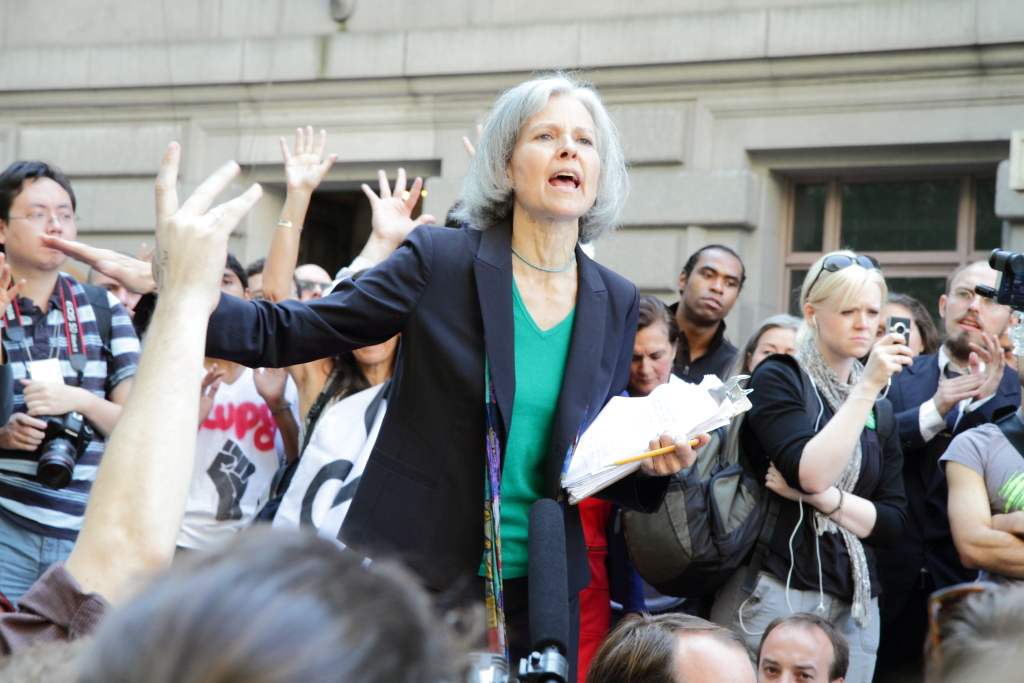Despite a shaky first day at the Democratic National Convention, Democrats appear to be united behind Hillary Clinton, their presidential nominee. The heroes of the left wing of the Democratic Party, led by Sen. Bernie Sanders and Sen. Elizabeth Warren, endorsed Clinton. The Democratic Party establishment came through for Clinton, particularly President Obama and Vice President Joe Biden’s speeches, which were integral in closing the gap between the moderate and the left wing of the Democratic Party. Both Biden and Obama are popular with Democratic voters, but more importantly, unlike Clinton, they are inspirational speakers.
Like campaigns, conventions are not about reality, but about selling an image. Unlike the Republican National Convention, the DNC had a cohesive message and convincingly sold Americans on why they should cast their ballots for Clinton. To combat criticism of Clinton’s likability, numerous speakers told stories that showcase Clinton’s personality and how the party nominee has helped Americans.
The divide between its left and moderate wings has always existed. It was visible in 2000 when Green Party candidate Ralph Nader claimed there was no difference between Al Gore and George W. Bush, which helped convince many liberals to vote for Nader in the general election. In 2008, Obama was able to hold the Democratic Party together because he did not differ greatly from Clinton in policy and because of his eloquent oratorical delivery. Today, we see it in the uncertainty of whether Sanders’ supporters will vote for Clinton or Green Party candidate Jill Stein.
A portion of Sanders’ supporters, who are upset Sanders did not get the nomination and have decided to vote for Stein, are using the election to criticize the two-party political system. Certainly, democracy would be improved if third parties such as the Green Party or Libertarian Party could win national elections. The differences between the American and European structures of government and elections explain why third parties do not work in the United States. Even Sanders acknowledges the challenges facing third parties, which explains his candidacy as a Democrat. But although Sanders did not win the Democratic nomination, his campaign has clearly sent a message to the party’s leadership. If Sanders’ supporters believe that his campaign is a movement and want to transform the Democratic Party, they need to elect progressive legislators on the local, state and federal level.
Depending on the political ideology of a voter, it is understandable why someone would vote for a third party candidate. For instance, it makes sense why libertarian-leaning conservatives would cast a ballot for Gary Johnson. Due to political ideology, a libertarian-leaning conservative likely won’t cast a ballot for any Democratic nominee. If Sanders had gotten the nomination, libertarians would be unlikely to vote for Sanders in the general election because of fiscal conservatism. However, for liberals who support Obama’s policies, it is hard to understand why they would rather cast a ballot for Stein rather than Clinton. Like Obama, Clinton is a moderate Democrat.
The moving speech by Khizr Khan, the father of a fallen Muslim soldier, is a reminder of what is at stake in this election: a Donald Trump presidency.
Leslie McNamara is a public policy graduate student specializing in health policy. She can be reached at lamcnamar@gmail.com.



